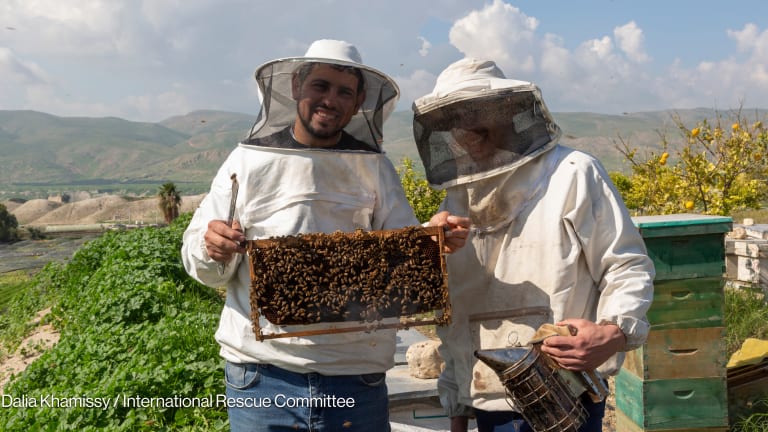Social enterprises — businesses that prioritize human and environmental benefits equally to profits — are effective vehicles to achieve development goals as their market-based approaches bring sustainability and scalability that are essential to create long-term impact.
South Korea’s social enterprise ecosystem has grown rapidly in recent years. Following the country’s new Social Enterprise Promotion Act of 2007, we now see many Korean social ventures creating impact in various ways, with many aiming to achieve development goals while conducting business activities in developing countries.
Koreans’ interest in bottom-up approaches to development is closely linked to our country’s own unique development experience via the New Village Movement of the 1970s. This was a pan-national movement focused on rural development. The central government provided equal amounts of cement to each community, encouraging them to initiate development projects of their choice. Those that successfully accomplished projects through their own residents’ efforts and investment were rewarded with more resources for cooperative work.








